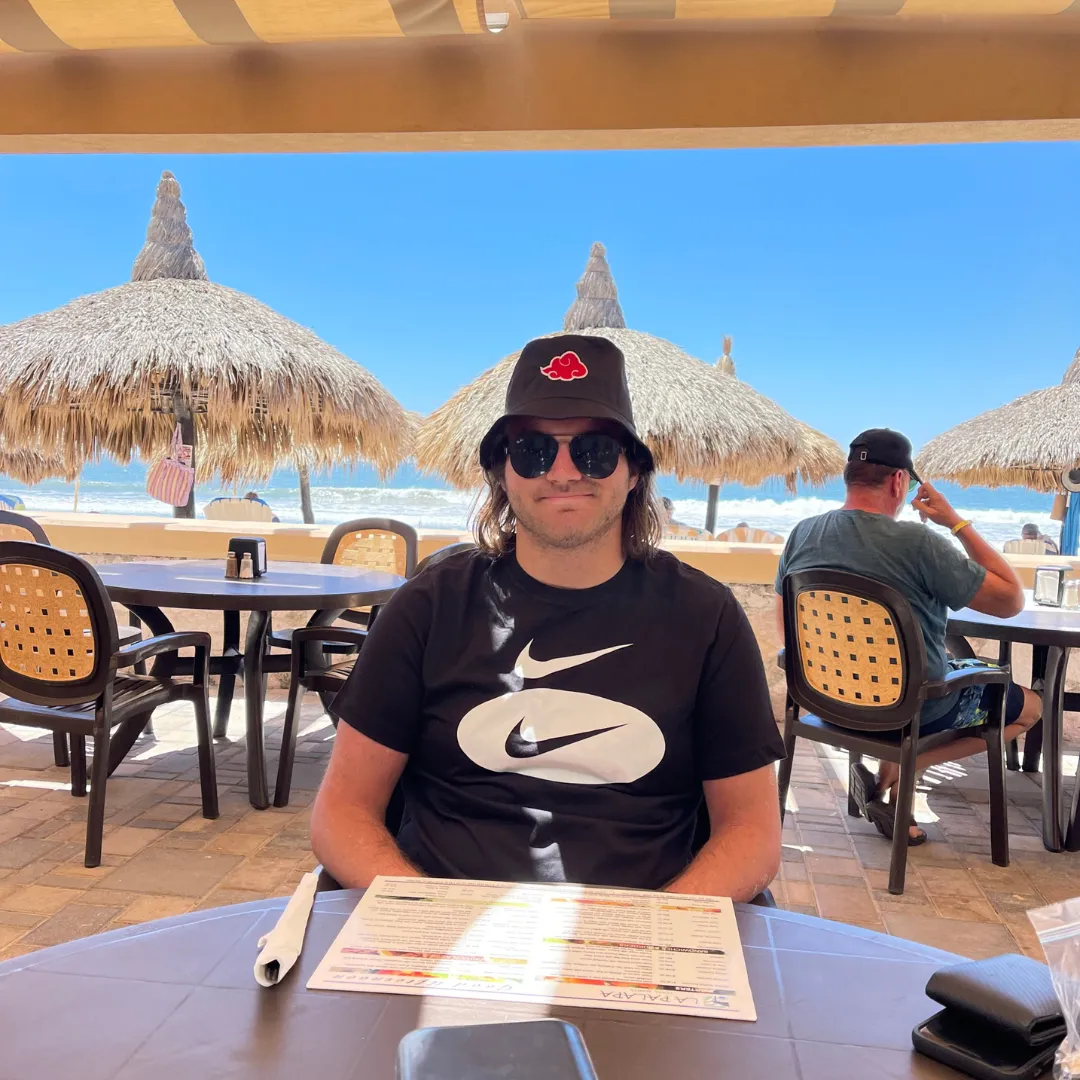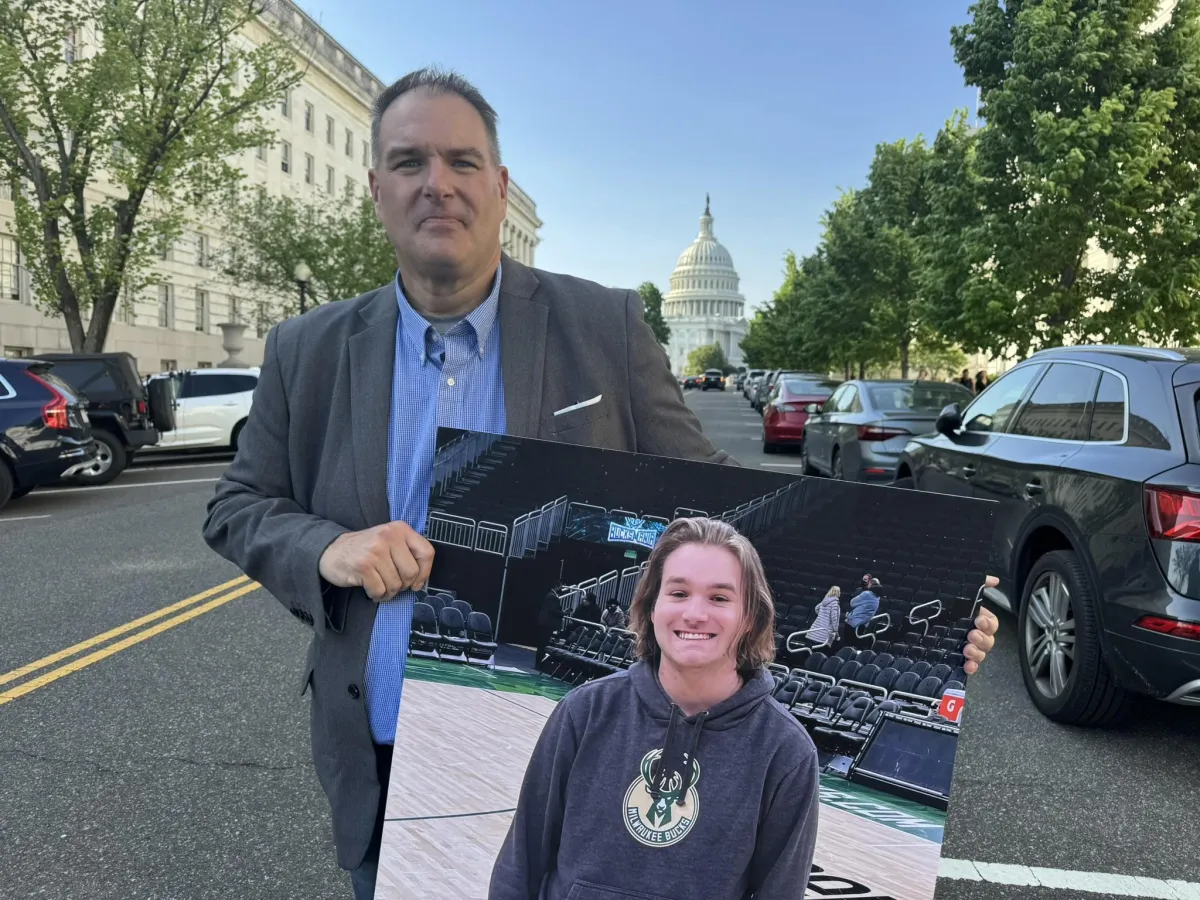Cole William Schmidtknecht
March 18, 2001 - January 21, 2024

Cole was a free-spirited young man with his entire life ahead of him.
He'd been diagnosed with asthma at the age of one and faced numerous challenges in the years following due to poor eyesight, ADD, academic struggles, severe depression, and a serious knee injury right after graduating from high school. But despite these hardships, he'd been doing well in the past couple of years.
Living independently with his childhood best friend, working full-time, embracing young adulthood, and finally discovering his path in life, Cole was on a positive trajectory. However, in January 2024, just before his 23rd birthday, his life came to an abrupt end. A trip to the pharmacy to pick up a prescription for a steroid inhaler for his asthma turned into a devastating ordeal when he discovered his insurance didn't cover it.
Without access to generic alternatives or "step therapy" options, he faced an exorbitant out-of-pocket cost that was beyond his means. Unable to afford the medication, he left the pharmacy empty-handed. Tragically, five days later, Cole suffered a severe asthma attack leading to cardiac arrest, and he was admitted to the ICU on a ventilator. He passed away six days later, just eleven days after he had had to choose between paying his rent and picking up his prescription.
The reality is that Cole's untimely death could have been prevented.
Pharmacy Benefit Managers (PBMs), while originally created to streamline the administrative burden of processing prescription claims, have now become a modern day mafia. They're vertically integrated with every other element of the prescription supply chain: health insurance companies; pharmacies; wholesalers; and even now quasi-manufacturing. They own and operate mail order and specialty pharmacies, which they regularly force patients to use (and are the determiners of what medications are considered "specialty"). They choose what drugs are covered on insurance plans' "formularies," or list of covered drugs, and how much they cost patients. They regularly keep the difference between what they charge payers (e.g., insurance companies, Medicare) for a prescription and what they reimburse the pharmacy to fill it, leading to quickening death of local pharmacies (and even chains like Walgreens) as they
pay to provide care to their patients instead of getting paid.
Their abusive practices, together, have made many medications unattainable, often with devastating results.
Unfortunately, Cole is surely not the only one that this has happened to, nor the last—his story is one of too many. But Cole was also not one to back down in the face of adversity and let the "tough guy" win. He would never tolerate such injustice; neither do we, and neither should you.
In honor of him—and every other patient across the U.S. who has paid the price of PBM abuse—we fight.
For a healthcare system that actually cares for people over profits.

Cole's dad, Bil, is helping lead the charge against PBM abuse across the country.
FOLLOW HIS JOURNEY @angrydadwi

Bil -Standing in the heart of Washington, D.C., carrying my son Cole’s memory with me every step of the way. I’m here to demand change — for him, and for every patient failed by a broken healthcare system.
Contact Us
Site has Been Created and Operated by Justice for Cole and All Others LLC
